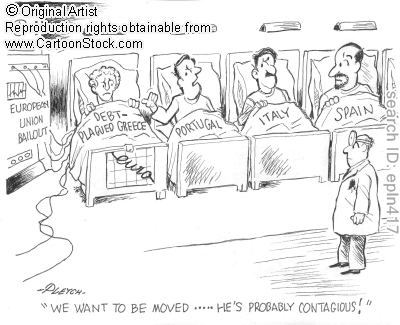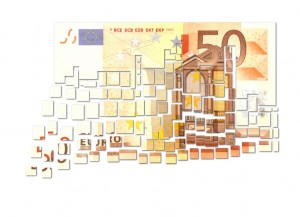
Jamie Oliver and Fifteen
Though I knew of Jamie Oliver, I had always thought of him as just a chef. It wasn’t until I read toptable.com’s blog post on Jamie Oliver’s Fifteen Foundation that I realized he was actually one of the most well known social entrepreneur.
He founded the Fifteen Restaurant which takes in unemployed and underqualified young people and teach them all the necessities in starting a culinary career. Once the apprentice chefs have completed a twelve-month program, they graduate and are qualified to work anywhere else. The restaurant would then take on another generation of young people. The profits yielded from the restaurant would be reinvested into local charities.

Jamie and the Apprentices
A social entrepreneur, as he clearly demonstrates, is someone who recognizes a social problem and uses entrepreneurial principles to create a venue to make social change. Jamie Oliver recognized that many disadvantaged families need to break out of their poverty cycle, and developed this program in the form of a restaurant to accomplish this.
In the blog, the author quotes, “I can’t think of another person in the public eye who has used their fame, fortune and talent so honourably and charitably.” Jamie is truly deserving of the name ‘Social Entrepreneur.’










